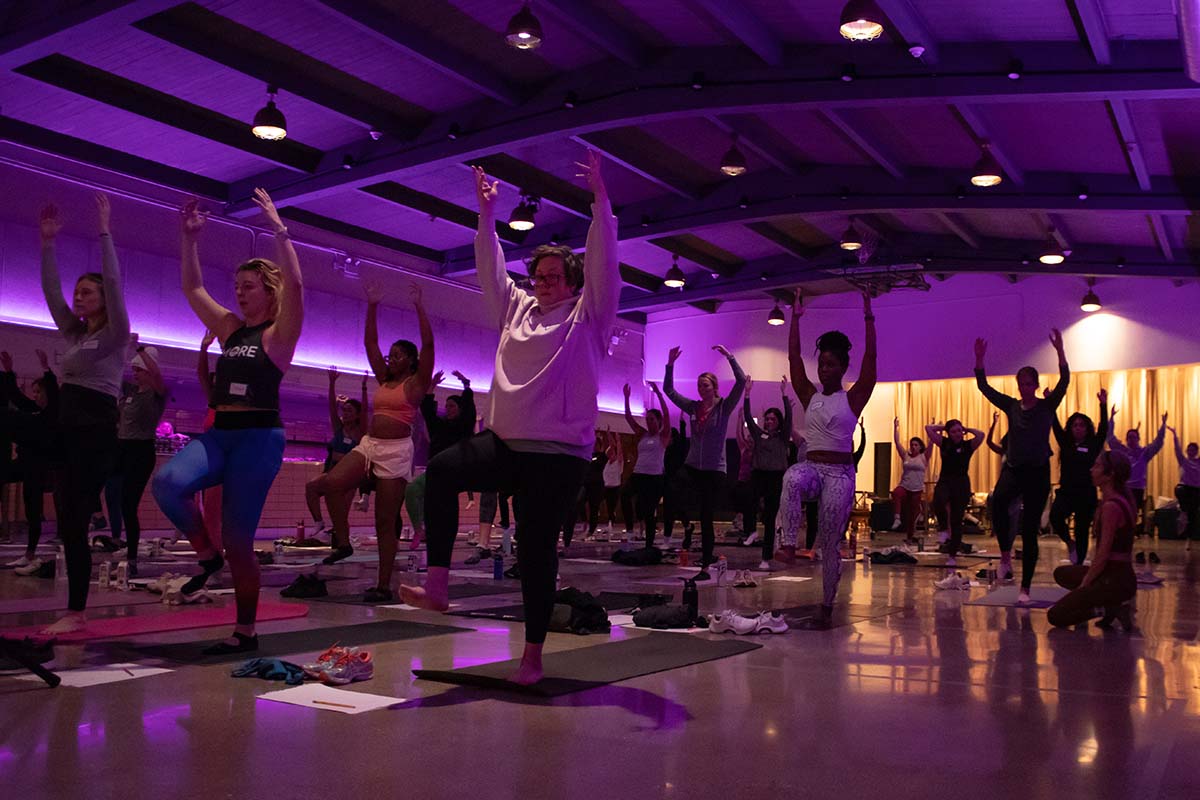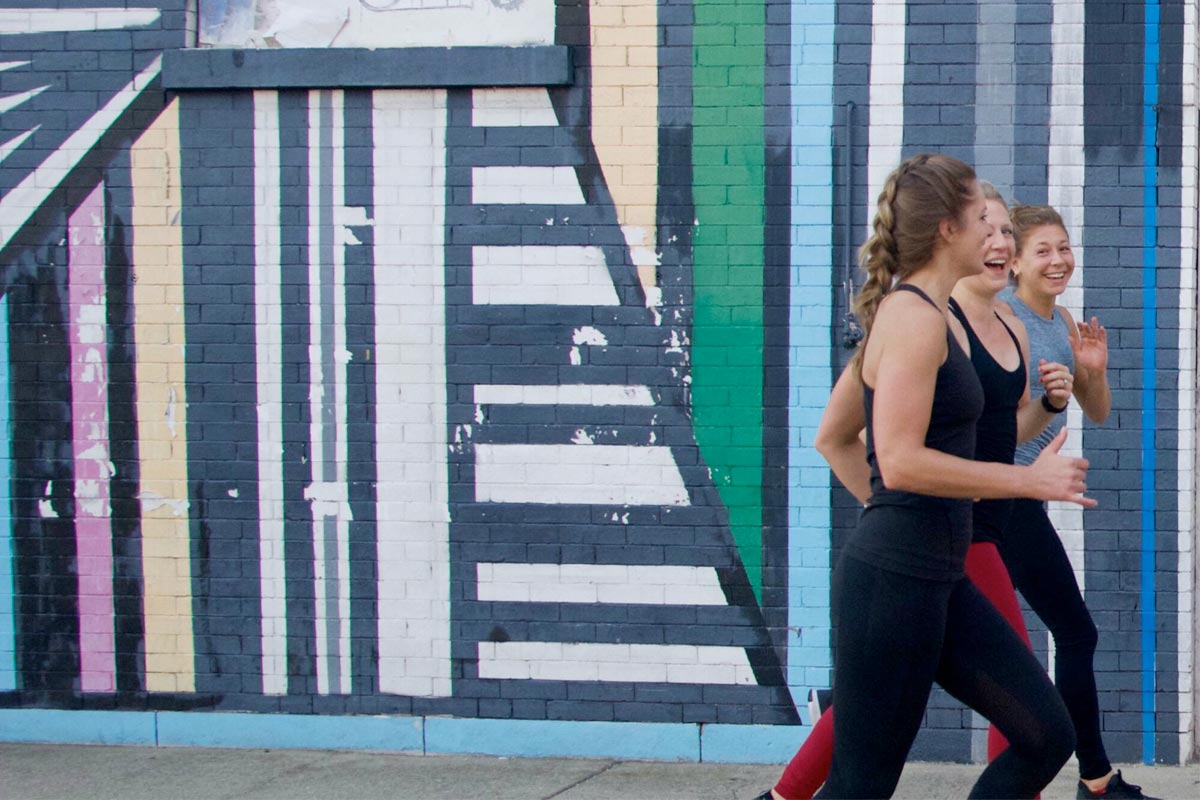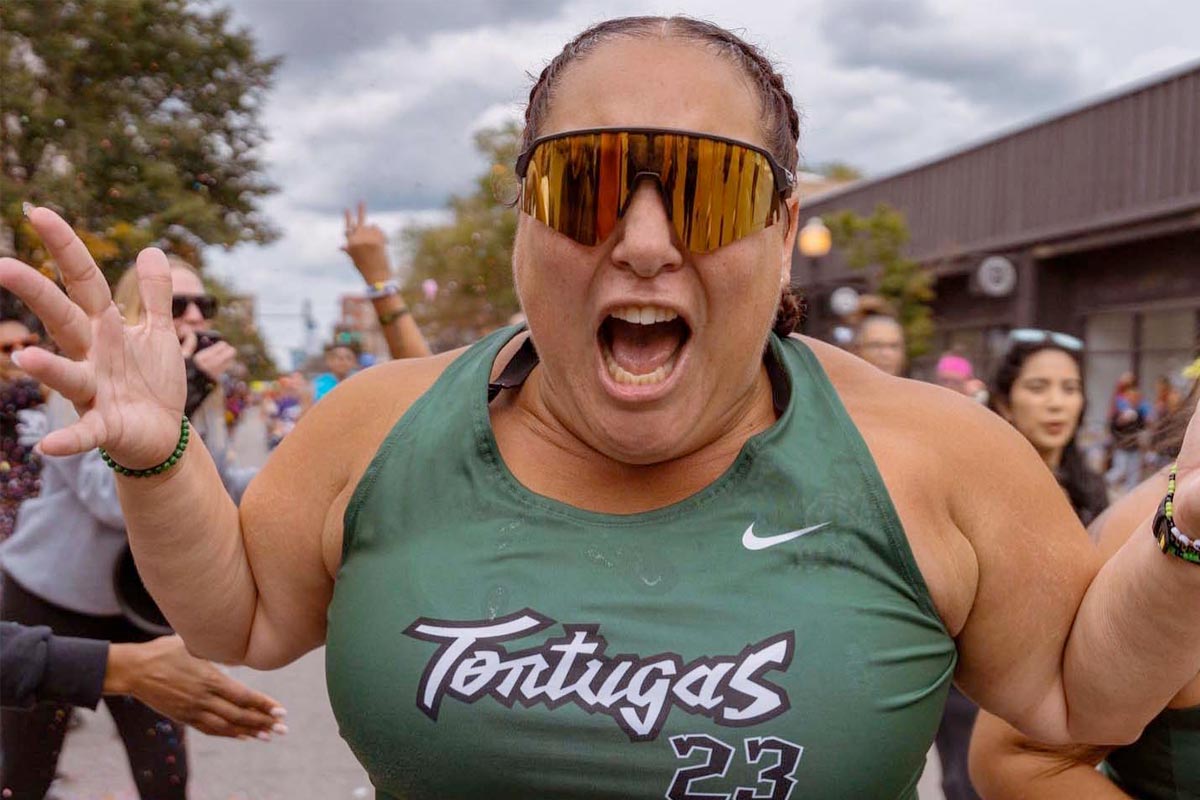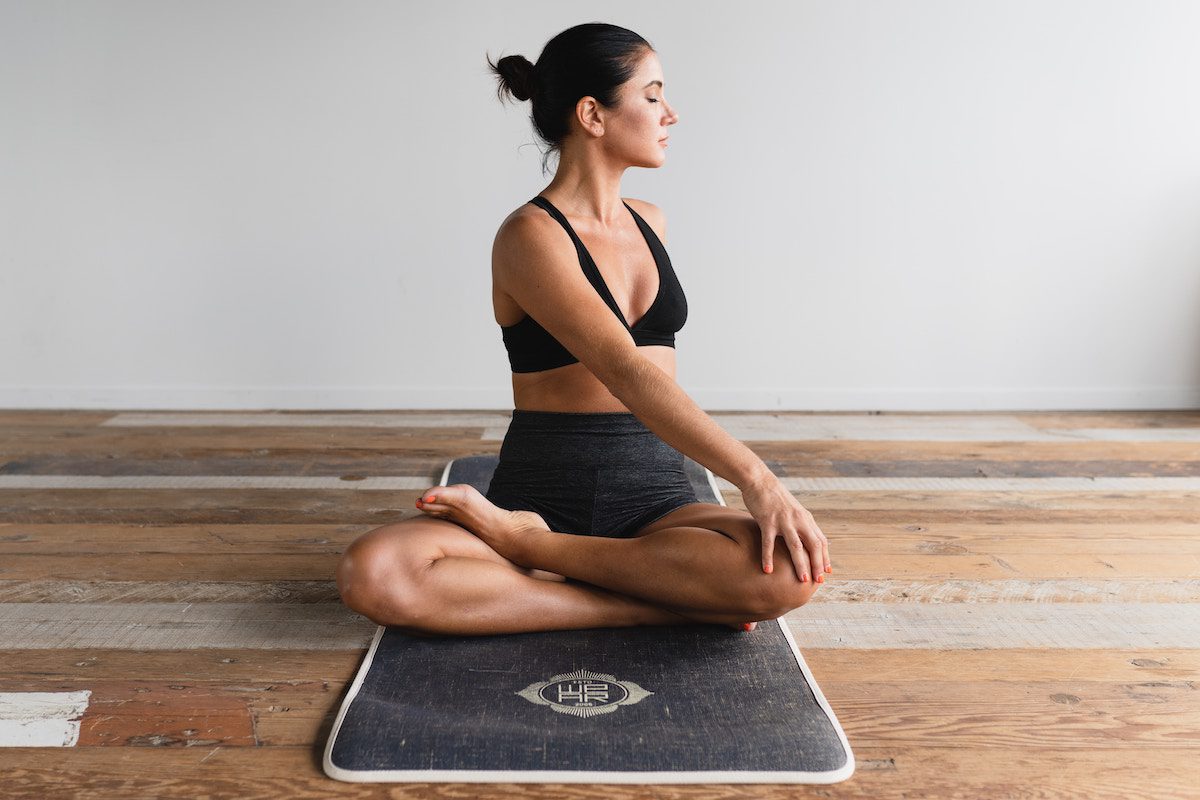How to Crush Your Second Half of Marathon Training
If you’re currently training for a fall marathon, congratulations are in order: You’ve completed your first half of marathon training.
As a five-time marathoner, I know that this period comes with many emotions. On the one hand, you may be feeling excited about completing your first half of training, while on the other hand, you may be overwhelmed by what’s to come.
Know that whatever you feel is normal and that the second half of marathon training can be just as great as the first.
Below, I’ll chat about a few things to consider while prepping yourself for your next few weeks.

Evaluate your first half of marathon training
Whether you’re a first-time marathoner or your upcoming marathon is your 10th attempt at the distance, it’s always beneficial to take an honest look at your training.
When reflecting on your training, there are a few key areas to take a peek at:
How much of the training have you been able to complete?
During my first and second marathon builds, I honestly knew so little about the function of various training runs. I regularly missed workouts and on my second training cycle, and I didn’t start training until July for an October race (not recommended).
While I did finish both marathons, I was miserable during the races and for weeks after. Conversely, for my other marathons, I was able to stick to my training and had more fun and success.
It’s perfectly normal and recommended to take a day off from training due to illness, injury, and/or mental fatigue. That said, if you find that this is a consistent challenge for you, then you may need to evaluate your training plan and goals.
How have you recovered (or not) from your training?
It’s normal to feel sore and fatigued while training for a marathon. However, if you find that you can’t catch a break from feeling sore or tired, your recovery practices may need improvement.
Recovery is the (not so secret) key to success with endurance training. The bread and butter of recovery includes hydration, nutrition, sleep, and rest days.
If you’re feeling confident about these recovery skills but are still fatigued, then you may need to take additional rest or slow down your training.
Are you having any aches or pains that have shown up over the course of training?
Injury is an unfortunate reality of being an athlete. Even if you’re diligent about having a balanced training plan, sometimes the perfect storm can lead to an injury.
If you notice that you’re having unresolved aches or pains, I recommend seeking out physical therapy and/or sports medicine. When caught early, injuries can be resolved with minimal issue.
However, if you wait to get support in hopes that your injury will dissipate, then you may have an injury that will alter or halt your goals.
If you do have a more serious injury that changes your race plans, know that it’s okay to grieve, take time to heal, and return stronger.
Have you had any consistent challenges on your training runs?
Training runs should all have their own feel. Recovery runs should feel fairly easy, speed work (like tempo runs or track workouts) should feel significantly challenging, and long runs should feel somewhat challenging but manageable.
If you’re finding that each of your workouts feels challenging, then you may need to adjust your pace to meet the goal of that run.
If you’re experiencing other challenges on training runs, like cramping, GI-distress, dehydration, or overwhelming fatigue, then you may need to shift your recovery, nutrition, and/or hydration plans.
How to get ready for your second half of marathon training
After doing a thorough evaluation of your first half of training, it’s time to start looking forward to your goals for the remainder of the cycle. I recommend making adjustments to any challenges you’ve noticed thus far.
You still have time to explore nutrition and hydration strategies and see if a change of gear is making sense for you. When that feels settled, it’s time to begin preparing for race day.
Consider these recommendations:
Training is going to get harder and then briefly “easier.”
Your next few weeks of training will lead up to your peak week and then your taper. Your peak week is when the highest mileage and hardest workouts occur.
Following that is the taper, which is a planned period where mileage and effort decrease to allow your body to recover. It’s normal to begin to feel restless during the taper, but a well-done taper can lead to an excellent race.
It’s better to be overcooked than undercooked.
While squeezing in a few last-minute study sessions before a major exam may be helpful, increasing mileage in the taper will negatively affect your race performance. Your body needs to recover more than it needs added mileage.
Nothing new on race day.
This rule goes for everything. Your clothing, shoes, nutrition, and hydration plans should be tested out at least twice before race day. A great time to test out your plan is on your peak training run to ensure you feel prepared.
Set A, B, and C goals.
While you may have a goal like Boston Qualifying or breaking your previous best effort, a lot can happen over the course of the marathon.
Sometimes, you may realize that your top goal isn’t in the cards on race day. Setting B and C goals can be helpful to keep you in the race without becoming overly disappointed.
The bottom line: I hope you’re feeling proud of yourself as you’re embarking on a courageous adventure. My last piece of guidance is to remember that your marathon is a celebration of the hard-work you have put in.
Have fun, and remember – it’s just running!












